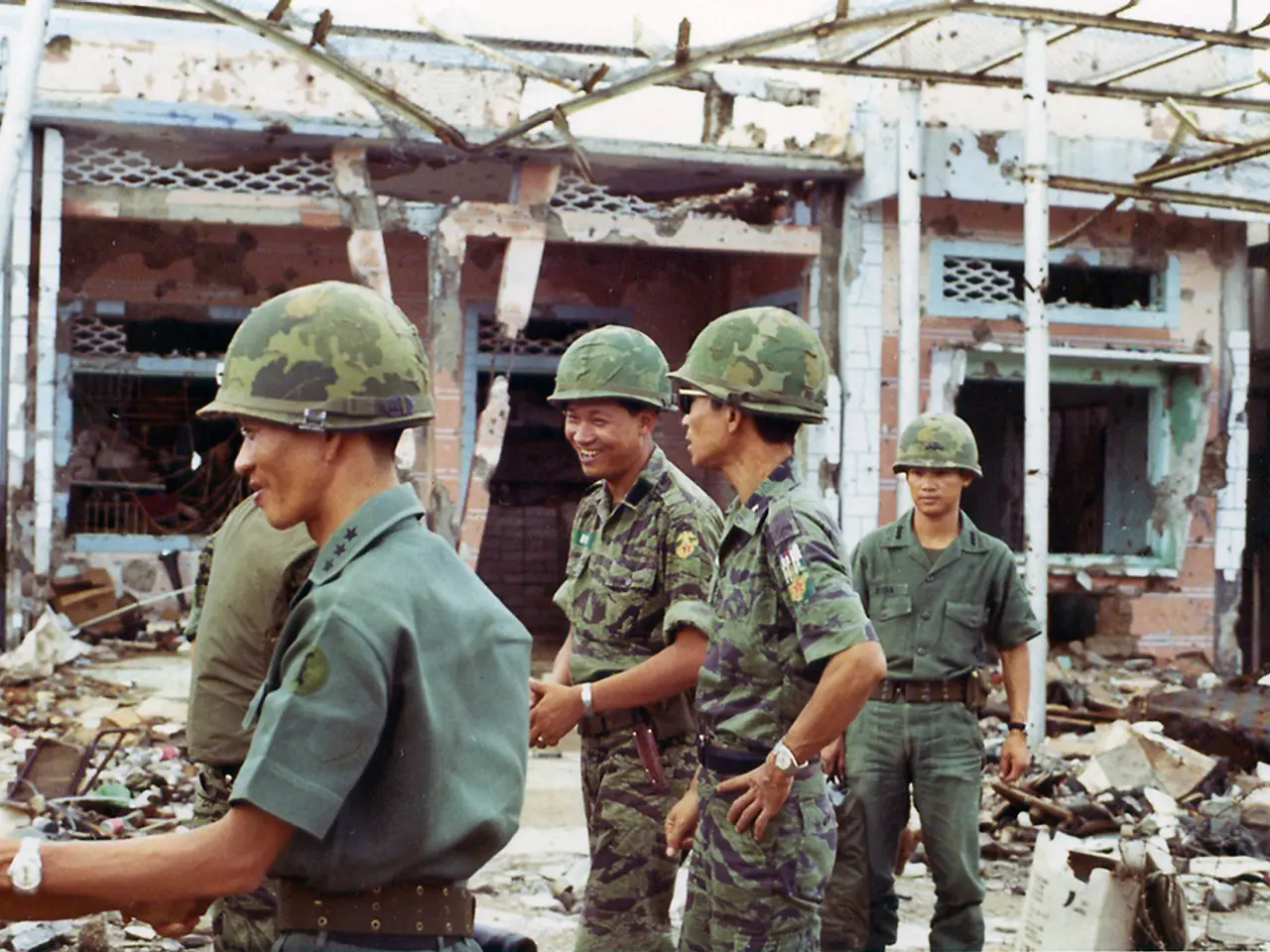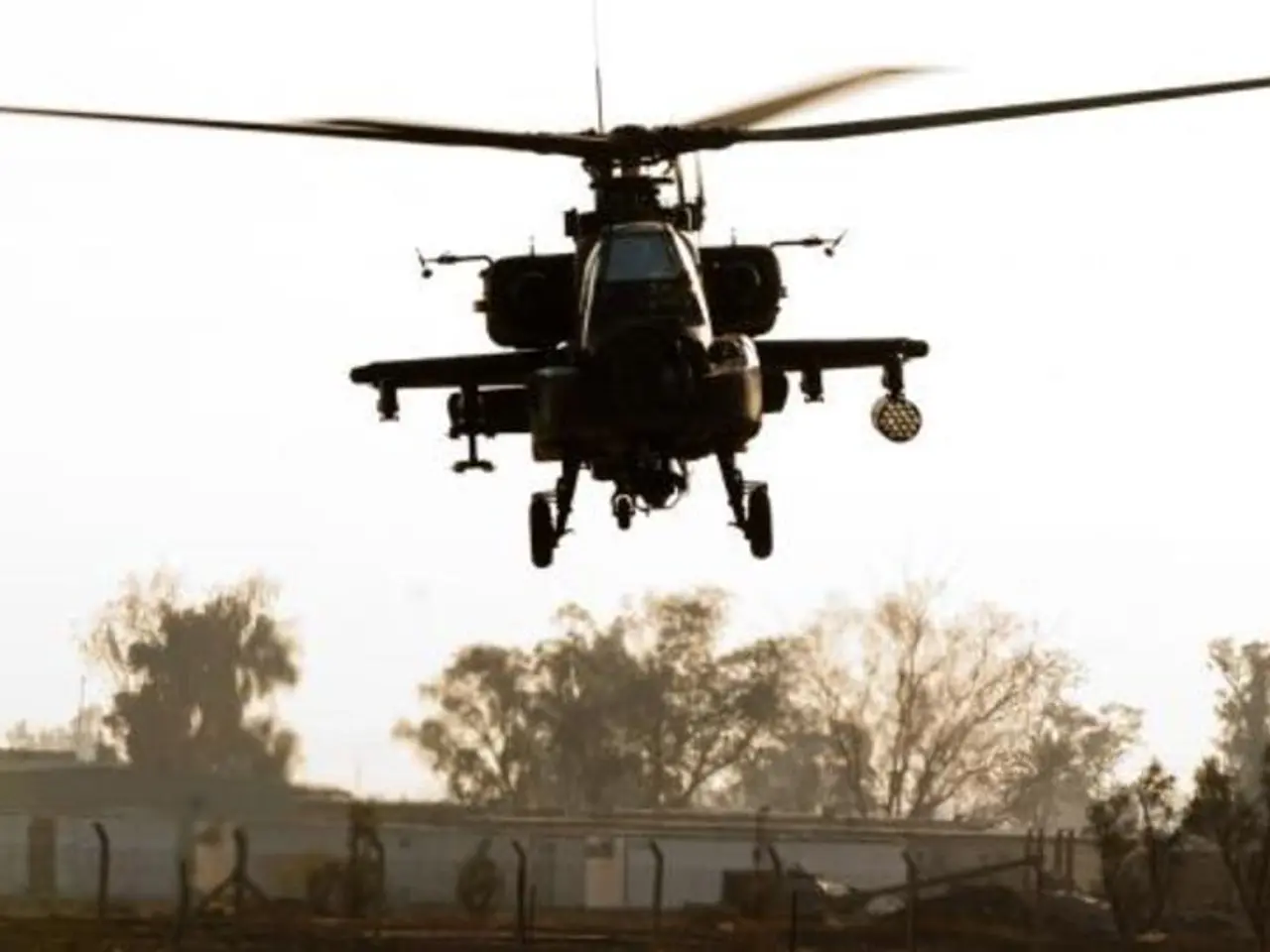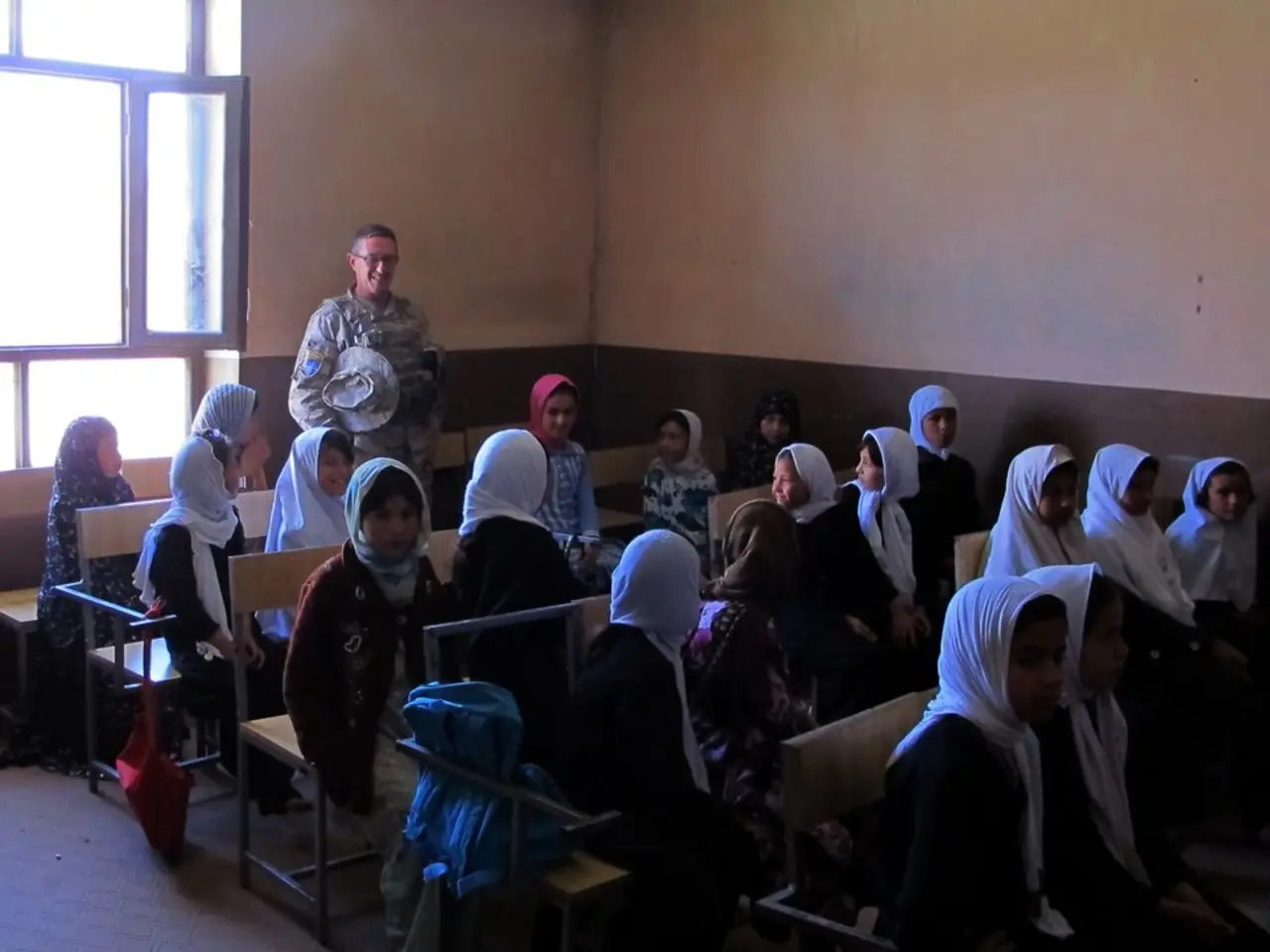Israeli leader Netanyahu plans a comprehensive military operation in Gaza, according to local news outlets
Israel's decision to launch a full-scale ground invasion of the Gaza Strip marks a significant escalation in the ongoing conflict between Israel and Hamas. This military action has sparked a wide range of responses, with supporters and critics alike voicing their concerns about the potential impact on security, human rights, and civilian populations.
Approval for the Ground Invasion
Supporters of the ground invasion argue that it is necessary to dismantle Hamas's military infrastructure and end rocket attacks on Israeli territory. Many Israeli officials and citizens see a ground offensive as the most effective way to achieve long-term security and to capture or neutralize key militant leaders. Some international allies of Israel have also expressed a degree of understanding or support, emphasizing Israel's right to defend itself against what they consider acts of terrorism.
Opposition to the Invasion
Opposition to the invasion comes from various quarters, including human rights organizations, some international governments, and regional actors. Critics warn that a ground offensive risks causing severe humanitarian consequences, with large numbers of civilian casualties and widespread destruction in Gaza. They argue that the invasion could deepen the cycle of violence, harden animosities, and destabilize the region further. There are calls for restraint, negotiation, and alternative approaches to de-escalate the conflict.
Potential Impact on Civilians
Gaza, one of the most densely populated areas in the world, is home to a fragile infrastructure due to years of blockade and previous conflicts. A ground invasion likely would involve intense urban warfare, increasing the risk of civilian deaths and injuries. Humanitarian conditions — including access to food, water, medical care, and shelter — may deteriorate rapidly under a full-scale military operation. Displacement of Palestinian families and damage to civilian structures such as homes, schools, and hospitals are also feared.
International law mandates the protection of civilians even during conflict, but the realities of war often make minimizing civilian harm extremely difficult. The United Nations Office for the Coordination of Humanitarian Affairs (OCHA) has warned that Israel is using starvation as a weapon of war against civilians in Gaza, with families facing disaster-level hunger.
Moving Forward
The Israeli security cabinet is expected to convene to discuss the planned expansion of operations, and the Israeli cabinet is expected to review the expanded military plan in the coming days. The decision was reportedly made despite opposition from elements within the security establishment. U.S. President Donald Trump has expressed support for Israel's strategy, giving Prime Minister Benjamin Netanyahu a "green light" to proceed.
The conflict between Israel and Hamas is a complex issue with deep historical roots, and the full-scale ground invasion of the Gaza Strip raises difficult questions about the balance between security and human rights. The situation requires careful monitoring, balanced analysis, and urgent efforts to protect non-combatants while seeking a way to resolve the conflict sustainably.
- There are concerns among some Turkish policymakers and lobby groups about the potential humanitarian consequences of the ongoing war-and-conflicts in Gaza, particularly as Istanbul - a major city in turkiye - is home to a large Palestinian community.
- In light of the escalating tensions, Turkish President Recep Tayyip Erdoğan has publicly criticized Israeli politics, condemning the conflict and calling for international intervention to protect civilian populations.
- General news outlets in turkiye have been closely following the developments, airing programmes and publishing articles expressing solidarity with the people of Gaza and highlighting the urgent need for a peaceful resolution to the conflict.






